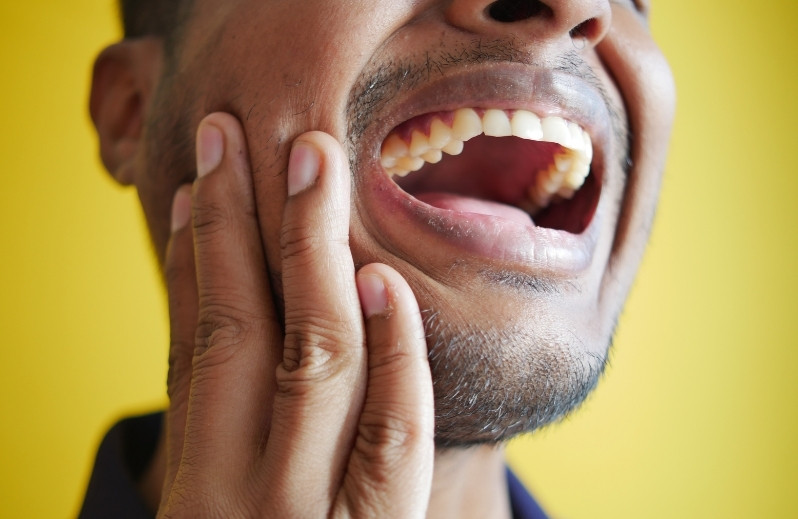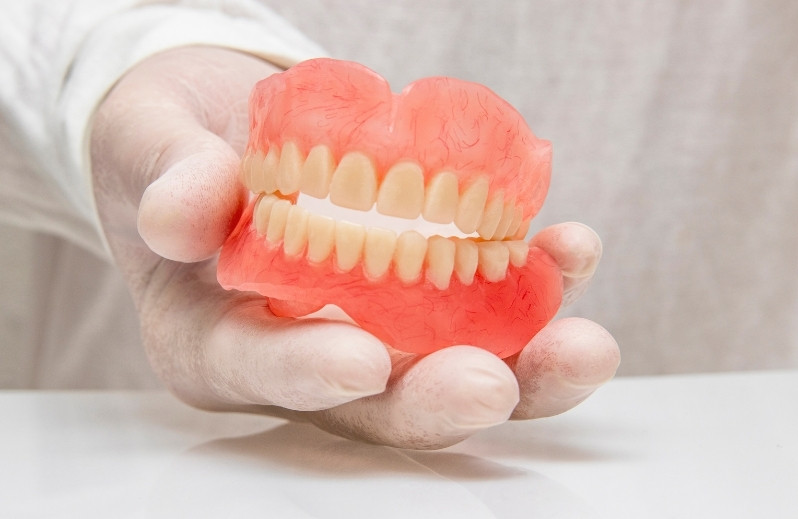4221 Vista Road, Pasadena, TX 77504
How Stress and Anxiety Can Worsen TMJ Disorder (And What to Do About It!)

How Stress and Anxiety Can Worsen TMJ Disorder (And What to Do About It!)
Jaw pain, clicking, and tension in the face are a well-known trio for people with temporomandibular joint (TMJ) disorder. But do you know that stress and anxiety are exacerbating the problem?
Stressful events trigger responses that place added strain on the jaw. Whether it’s subconscious teeth grinding, strained muscles, or increased sensitivity to pain, stress is a major contributor to TMJ pain. The better news: now that you know this link is there, you can begin to take steps to lower pain and get back in control. Let’s take a look at how stress impacts the TMJ and what you can do to end the cycle.
The Link Between Stress, Anxiety, and TMJ Disorder
Stress is not just a mental burden—it has a physiological effect that places the body under subtle tension, including the jaw. When stress builds up, the body goes into a “fight or flight” mode, which ultimately results in heightened activity among the muscles. For TMJ disorder patients, this exaggerated response can be disastrous.
- Teeth Grinding and Clenching: Anxiety and stress most commonly cause bruxism, a disorder of teeth grinding or jaw clenching. This puts the temporomandibular joint under greater pressure, making it painful and stiff.
- Muscle Tightness: Stress tightens the muscles that are near the jaw, neck, and shoulders, limiting movement and causing pain.
- Inflammatory Response: Ongoing stress has the ability to cause inflammation, which can enhance joint pain and impair healing.
- Interference Sleep Patterns: Most individuals who suffer from anxiety have disrupted sleep, and so there is a strong possibility of teeth grinding at night, also worsening TMJ symptoms.
Why Does Stress Exacerbate TMJ Symptoms?
TMJ disorder and stress are reciprocally related, meaning one causes the other in an endless cycle of tension and pain. Here’s how:
- Clenching the Jaw and Bruxism: Stress may induce unconscious jaw clenching, which overstimulates the TMJ.
- Muscle Tension: Anxiety keeps the body in constant tension, limiting movement and enhancing pain.
- Postural Issues: Stress naturally leads to poor posture, leaning over a work surface, or tensioning up across the shoulders. Alignment of this type can detrimentally influence jaw position and heighten pain.
- Sensitivity to Pain: Stress sensitizes the brain to pain, causing even small TMJ symptoms to become worse.
- Additional Triggers: Anxiety can activate habits such as nail-biting, gum chewing compulsively, or talking with a pursed mouth—any of which have the ability to activate TMJ symptoms.
TMJ Treatment in Pasadena, TX, offers reliable remedies for the treatment of jaw trouble caused by stress.
How to Manage Stress to Reduce TMJ Pain?
Since stress is one of the leading causes of TMJ pain, keeping it under control can be a great assistance. Here’s how:
- Relaxation Techniques: Practice mindfulness techniques like deep breathing, meditation, or progressive muscle relaxation to calm the jaw.
- Lifestyle Changes: Limit caffeine consumption, hydrate well, and get enough sleep to reduce overall stress levels.
- Jaw Exercises and Self-Relaxation: Include gentle stretching and massage to facilitate mobility and minimize muscle tension.
- Behavioral Adaptations: Avoid clenching or grinding, and become conscious of relaxing the jaw during the day.
- Posture Sensitivity: Keep the head and neck in their usual position to prevent unnecessary tension on the jaw.
TMJ disorder is tough, but learning to see how stress and tension contribute to your symptoms is only half the battle to relief. Stress management and taking charge of daily habits can calm jaw tension and have a beneficial effect on overall well-being. If TMJ pain lingers, professional help can offer customized answers to return comfort and function to the joint. The path to relief begins with baby steps—why not begin today?



